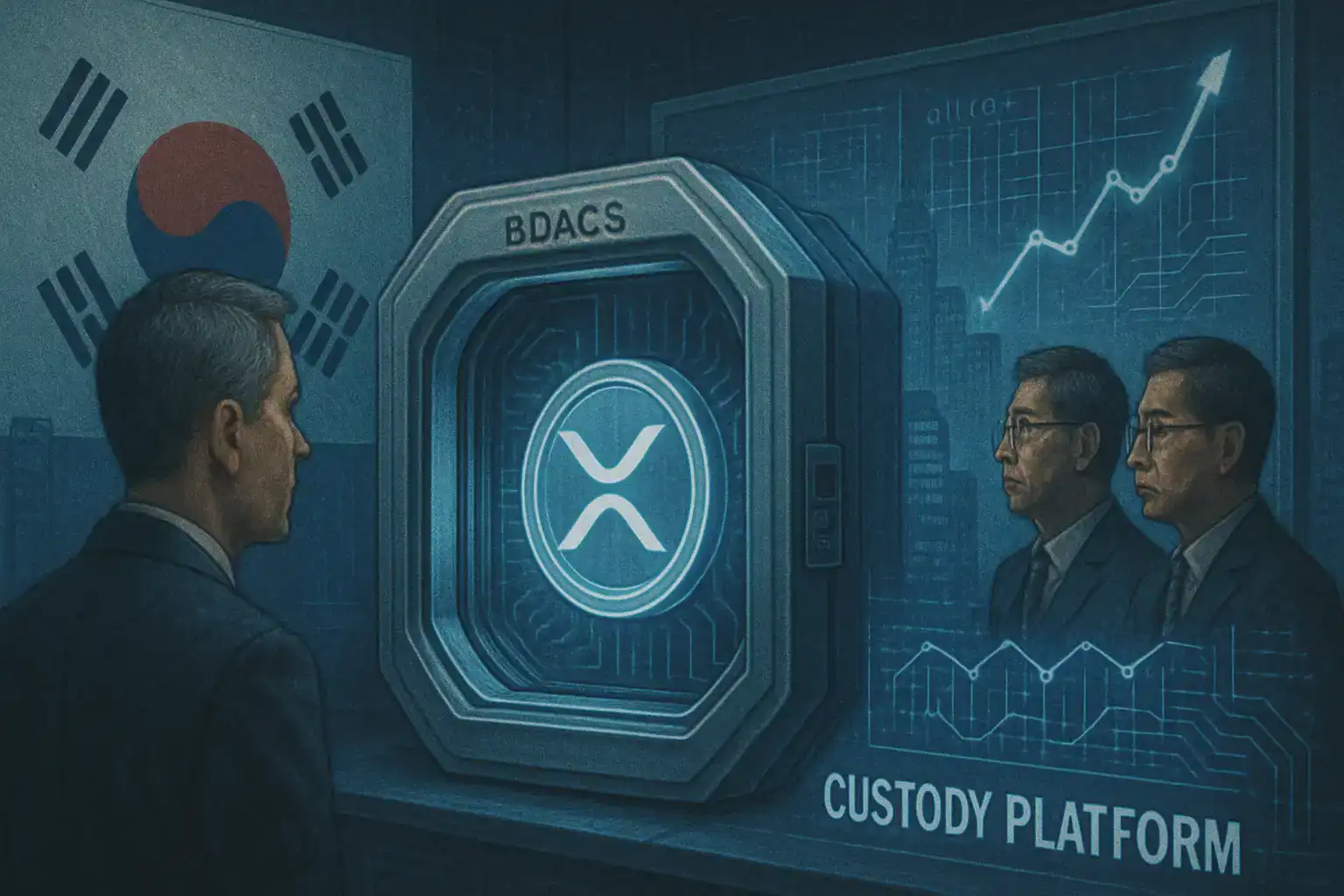South Korea Unleashes XRP Power: BDACS and Ripple Ignite Institutional Crypto Revolution
In a bold move that could reshape South Korea’s institutional crypto landscape, BDACS, one of the nation’s top digital asset custody firms, has officially rolled out institutional custody support for XRP. The initiative stems from a February partnership with Ripple Labs, marking a major step toward integrating crypto into South Korea’s highly regulated financial infrastructure.
Announced on Tuesday via BDACS’s official X (formerly Twitter) account, the launch enables institutions to securely store and manage XRP through Ripple Custody, a robust, enterprise-grade solution designed for serious crypto players.
“We’re thrilled to offer custody support for XRP, one of the most popular digital assets in Korea,” BDACS stated. “This launch deepens our partnership with Ripple and reaffirms our commitment to serving Korea’s institutional market.”
Institutional Crypto Goes Mainstream in Korea
BDACS isn’t acting alone. The firm also revealed successful integrations with South Korea’s top crypto exchanges—Upbit, Coinone, and Korbit—giving institutional clients seamless, regulatory-compliant access to trade and deploy XRP across the country’s leading platforms.
This isn’t just a milestone for BDACS or Ripple—it’s a signal that South Korea’s financial elite is going all-in on crypto, and XRP is leading the charge.
Ripple’s Grand Strategy: XRP and RLUSD to Power Asia’s Crypto Infrastructure
Earlier this year, Ripple and BDACS joined forces with a mission: to bring institutional-grade custody to XRP and Ripple’s RLUSD stablecoin. The partnership aligns with the South Korean government’s digital asset regulatory roadmap, which seeks to usher in a safe, structured era for institutional crypto adoption.
Ripple emphasized that this collaboration isn’t just about storage—it’s about building infrastructure. They see enormous potential in Busan’s blockchain regulation-free zone, viewing it as a testbed for new applications of the XRP Ledger and RLUSD.
Ripple predicts that crypto custody could explode to $16 trillion by 2030, with tokenized assets potentially accounting for 10% of global GDP. With this move, they’re clearly positioning themselves—and South Korea—at the center of that financial transformation.
XRP’s Growing Influence Across Asia
According to Agne Linge, head of growth at decentralized bank WeFi, South Korea isn’t alone in its enthusiasm. She claims that XRP is quickly becoming a foundational asset across Asia. In Japan, reports suggest that 80% of banks may adopt XRP for global payments, a staggering number that underscores the token’s rapidly growing credibility.
“South Korean politicians are serious about legitimizing crypto as part of the country’s core financial systems,” Linge said, adding that the move reflects broader regional momentum.
The Crypto Wave Sweeping Through South Korea
South Korea’s institutional embrace of crypto comes as the general population dives deeper into digital assets. A new report from the Hana Institute of Finance found that over 25% of Koreans aged 20 to 50 own crypto, with it comprising 14% of their investment portfolios.
Participation peaks among people in their 40s (31%), followed closely by those in their 30s and 50s. Even more revealing? 70% plan to increase their exposure, especially if traditional banks step into the sector—a trend that’s already underway.
Major Korean banks like Kakao Bank, Kookmin Bank, and the Industrial Bank of Korea have filed trademarks for Korean won-backed stablecoins, indicating that legacy finance is no longer on the sidelines.
Conclusion: XRP Isn’t Just a Token—It’s Infrastructure
This strategic custody rollout by BDACS and Ripple is more than just a technical upgrade—it’s a watershed moment in South Korea’s crypto evolution. With institutions gaining safe, regulated access to XRP and a population hungry for digital wealth tools, the stage is set for XRP to become a financial mainstay in Asia.
As traditional banks, regulators, and innovators align, one thing is clear:
South Korea isn’t just participating in the crypto revolution—it’s helping lead it.



























